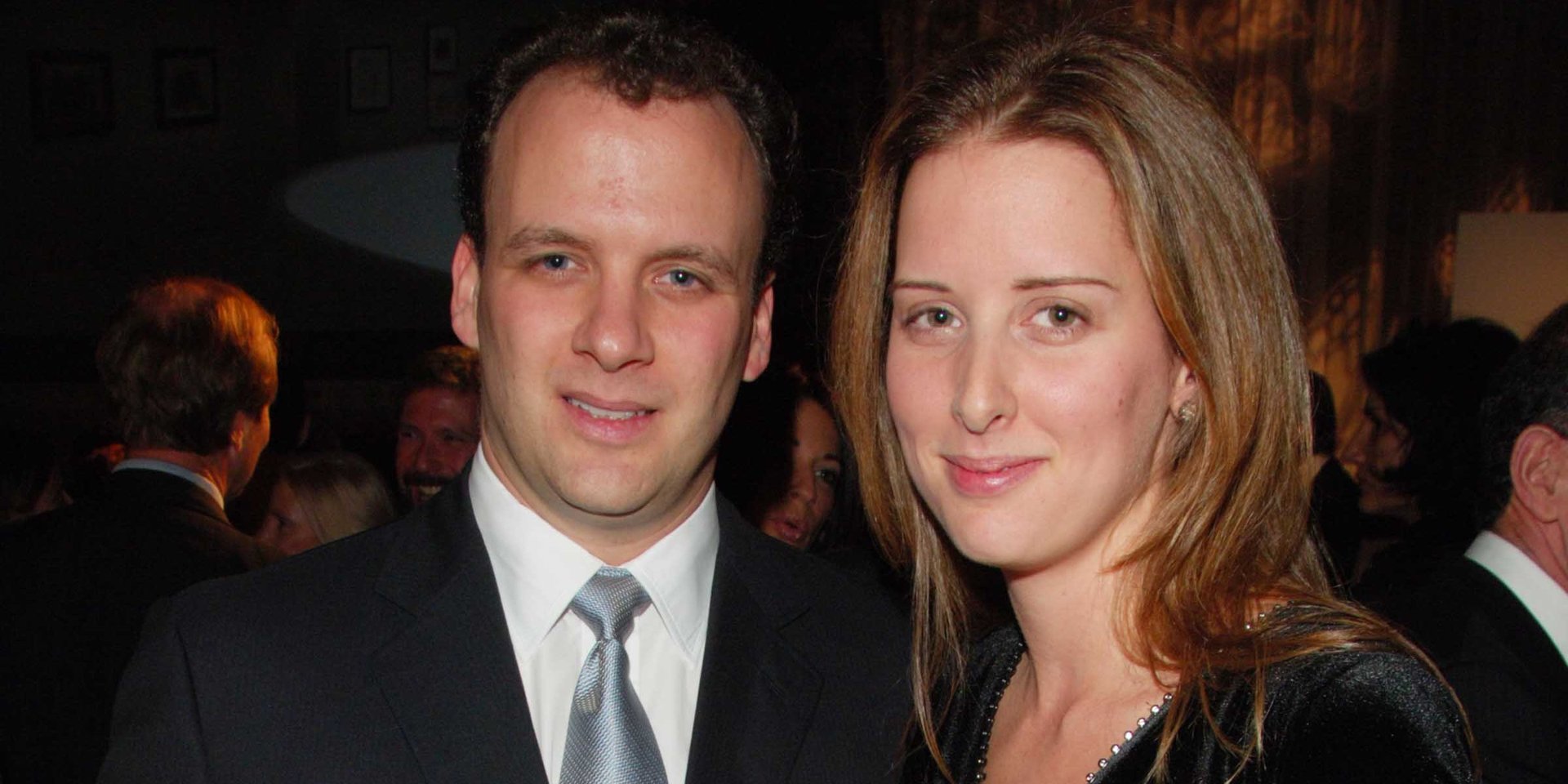The Sackler family, McGill donors and owners of a pharmaceutical company with ties to the opioid crisis, declared bankruptcy on Sept. 15. Between 2014 and 2017, McGill received a total of $3,888,078 from The Sackler Foundation to advance research and education, including the establishment of the Sackler Program for Epigenetics and Psychobiology.
After acquiring Purdue Pharma in 1952, the company trademarked OxyContin, the brand name for a powerful pain-killer oxycodone, in 1996. To maximize sales, the company offered benefits for doctors who prescribed the drug to their patients, which contributed to OxyContin’s rise to become the most commonly abused medications in the US. The Sacklers have made an estimated $13 billion off of the opioid crisis, and are currently facing a litany of lawsuits over allegedly disregarding laws to increase their worth.
According to the Canadian government, the opioid crisis took 11,577 lives in Canada between Jan. 2016 and Dec. 2018.
The Sacklers have made contributions to numerous museums and universities, including McGill, Cornell University, and King’s College London. As of May 2019, major museums such as the Solomon R. Guggenheim Museum, the Metropolitan Museum of Art, and the Tate Modern have refused donations from the family due to their role in perpetuating the opioid crisis.
Dr. Michael Meaney is the co-founder of the Sackler Program of Epigenetics and Psychobiology of McGill.
“The McGill donation was arranged through Ilene Sackler Lefourt who is a practicing child psychologist and director of the Sackler Lefcourt Centre for Child Development, which employs purely psychological programs for mothers and children to promote optimal early child development,” Meaney wrote in an email to The McGill Tribune. “It was this interest that prompted the investment in the McGill research.”
Despite the ongoing lawsuits tying the Sackler family to the opioid crisis, Meaney believes in the importance of distancing the family’s charity work from the recent allegations.
“I know Ilene Sackler Lefcourt to be a person sincerely dedicated to promoting the mental health of mothers and children,” Meaney wrote. “The bottom line here is that we are dedicated to a public mission and promoting child health and development. That priority trumps all other considerations in my mind.”
According to Senior Communications Officer James Martin, McGill has not received further donations from the Sackler Family since 2016.
“The Sackler Program for Epigenetics & Psychobiology at McGill University was established through a donation from the Sackler Foundation and has not now nor ever has had any association with Purdue Pharma,” Martin wrote in an email to the Tribune.
McGill’s Gift Acceptance Policy outlines the ethical requirements for the school to adhere to when accepting donations.
“Examples of reasons for the refusal of a proposed gift include: gift could compromise the University’s public image, reputation or commitment to its mission and values; gift is from an individual or organization whose philosophy and values could be considered inconsistent with those of the University; donor applies unacceptable restrictions or conditions on the gift; gift may have come from illegal or unethical activities…” the policy reads.
The Sackler Foundation has now halted philanthropic donations and given up the ownership of Purdue Pharma since the publicization of their connection to the opioid crisis.









